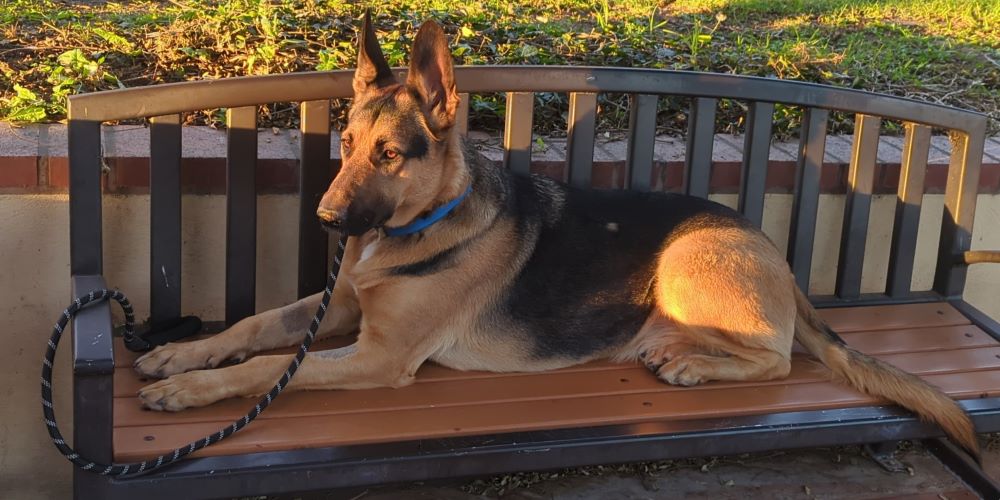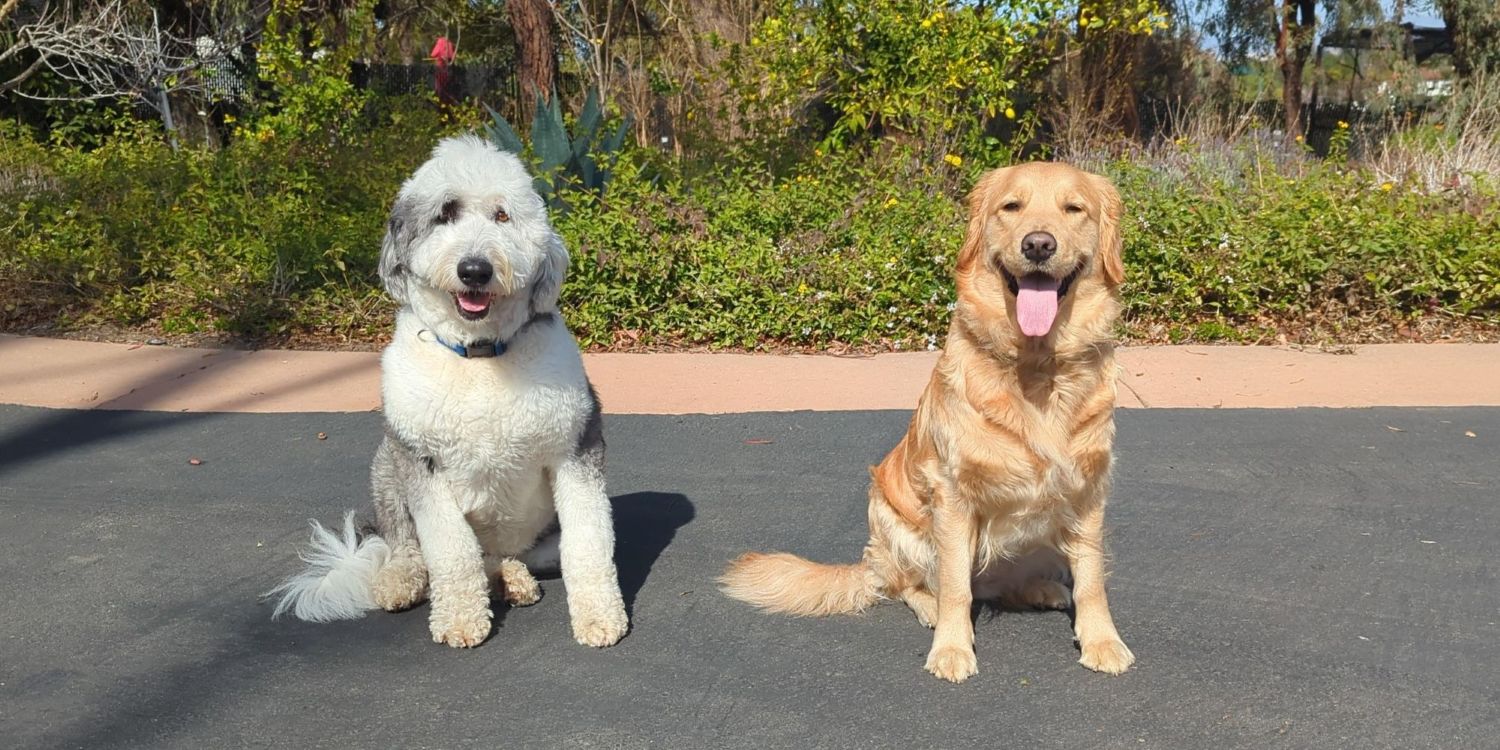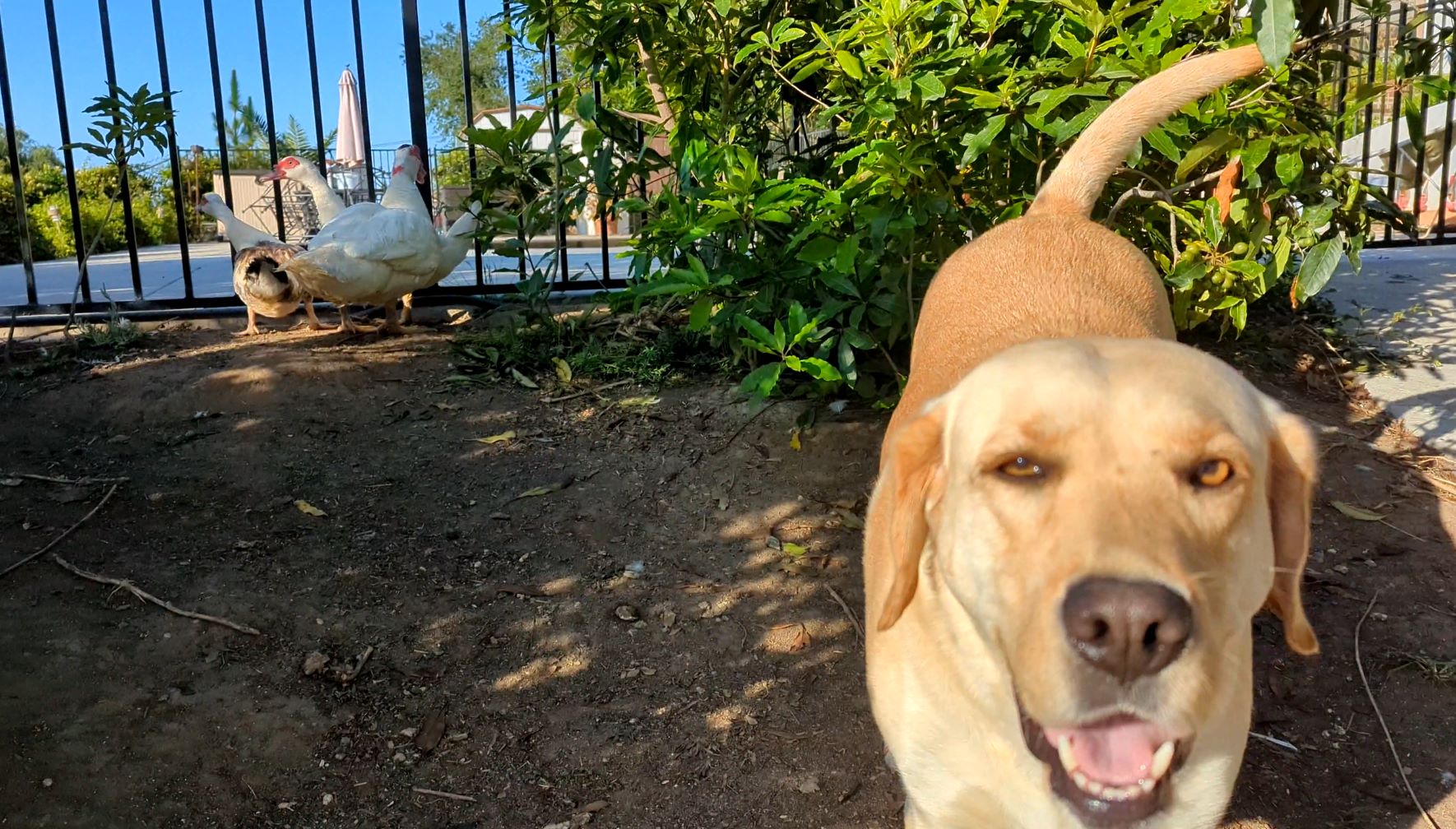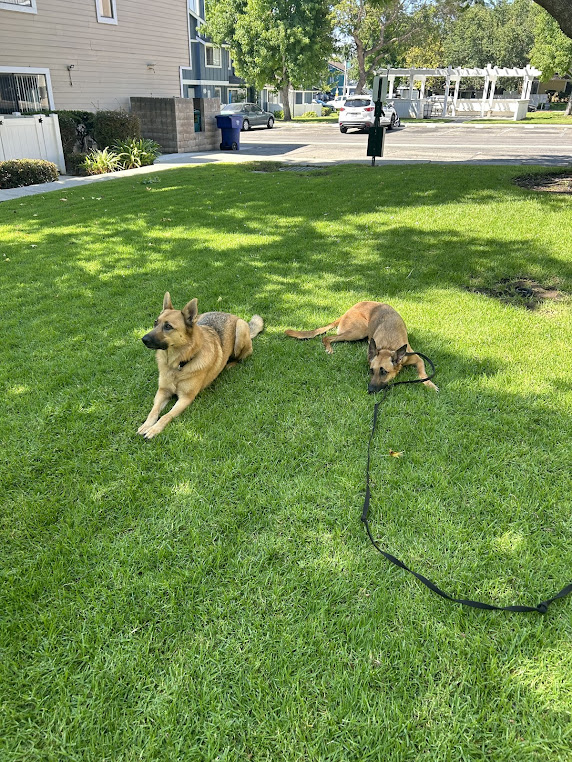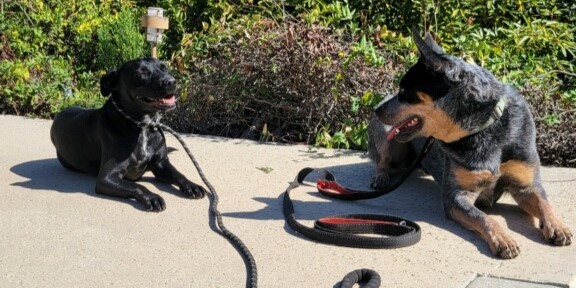Superior trainers foster cooperative relationships using clear communication, informed teaching, and effective strategies to ensure cooperation between people and their dogs.
Dog Bite Prevention
Not all dogs are dangerous, however biting dogs can inflict serious harm to people. The greatest risk factor for a dogs biting a person is a previous history of bites, so special rules should be observed by owners of biting dogs, to prevent injury.
- No toys, bully sticks, or leaving food out (free feeding).
While dogs are required to have consistent access to water, leaving resources out may enable the dog to practice resource guarding, which may lead to dog bites. - No using force to get attention, including jumping, hitting with the paw, or mouthing.
If a dog habitually uses force to coherce people to give attention, they will be less inhibited against biting. - No access to furniture.
Dogs prefer to have a spot on the property that explicitly belongs to them, but if that is a spot that is shared by humans, it may cause the dog to behave territorially, which can lead to bites. - No free treats.
Dogs may develop territorial, supersticious, pushy, or resource guarding behaviors if they are able to influence people to give them treats on demand. - No territorial behavior, including barking out the window, or running the fence when people go by.
Territorial behavior may lead to aggressive biting against people or other dogs. - No going into the bedroom.
The bedroom is an intimate and vulnerable place for people and dogs may become territorial if they are allowed in the bedroom, or could attack while people are sleeping. - Go for at least 1 walk per day, in heel.
Heeling gives dogs physical and mental stimulation, and conditions them to listen and be responsive to their handlers. - Feed the dog in the crate, a consistent amount and schedule, then let the dog out and remove all food and the bowl when done.
Feeding inside the crate reduces attack surface against the dogs, allowing them to feel more secure. Consistent amounts and schedules also helps them to feel more secure, and removing all the food and bowls prevents the dog from resource guarding later. - Crate the dog before getting ready for bed.
Dogs can become pushy and demanding right before bed because thier handlers are tired and weak, so crating the dogs before getting ready for bed can eliminate the handler's attack surface. - Keep the crate closed when the dog is not inside.
Dogs may barricade themselves in their crate when they want to create conflict. because they are cornered, it is much easier for them to fight against the handler and it is harder to control them. - No affection at all.
Affection is a resource that the dog can resource guard. Alternatively, many dogs do not like affection, and affection creates attack surface for the handler.
Contact us to learn more.
